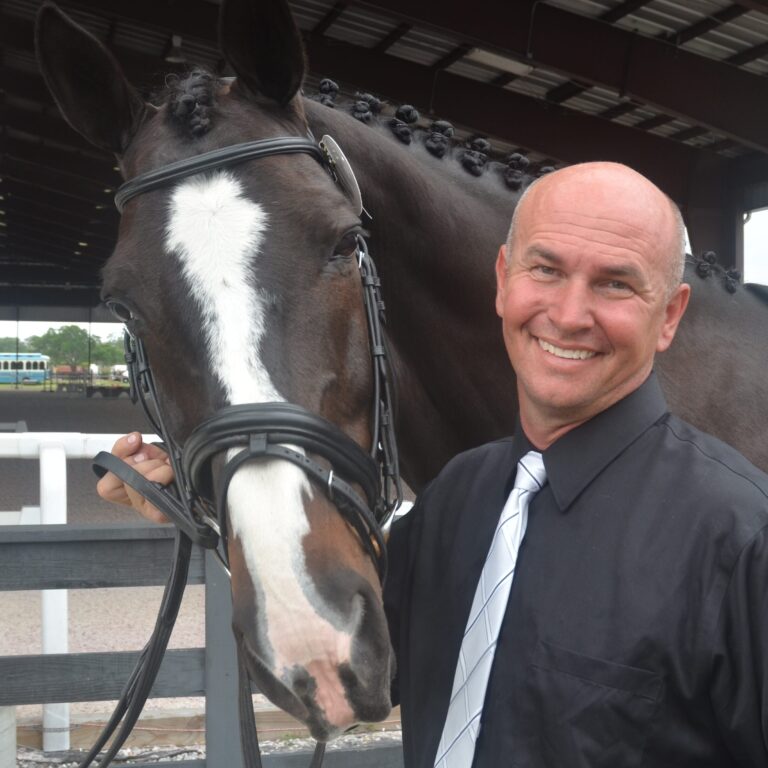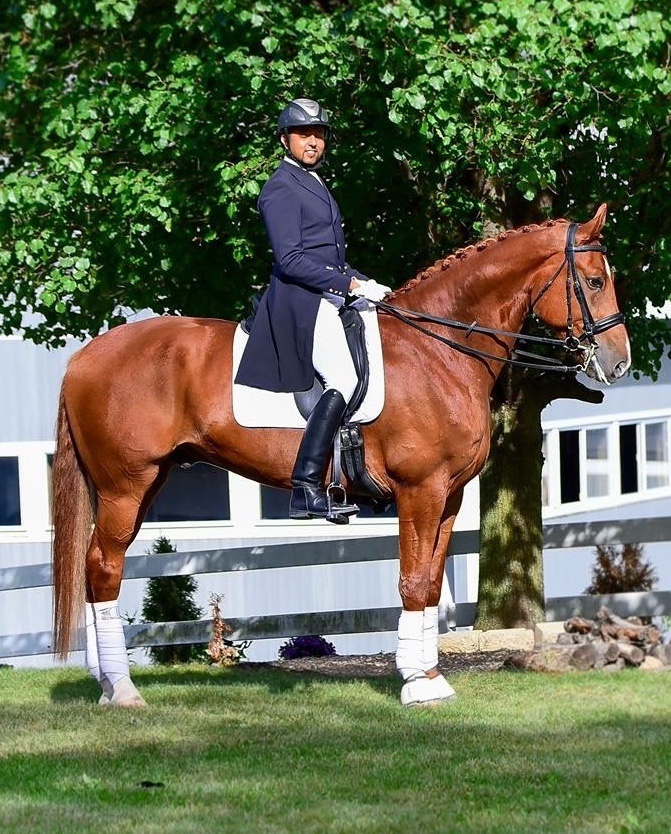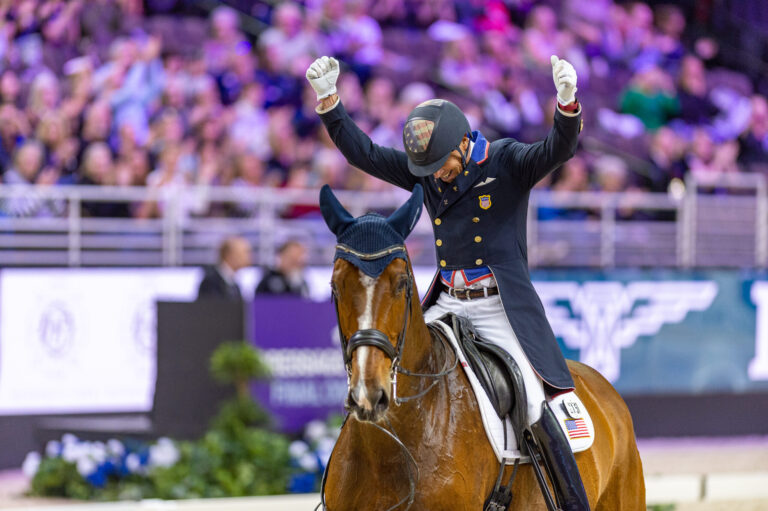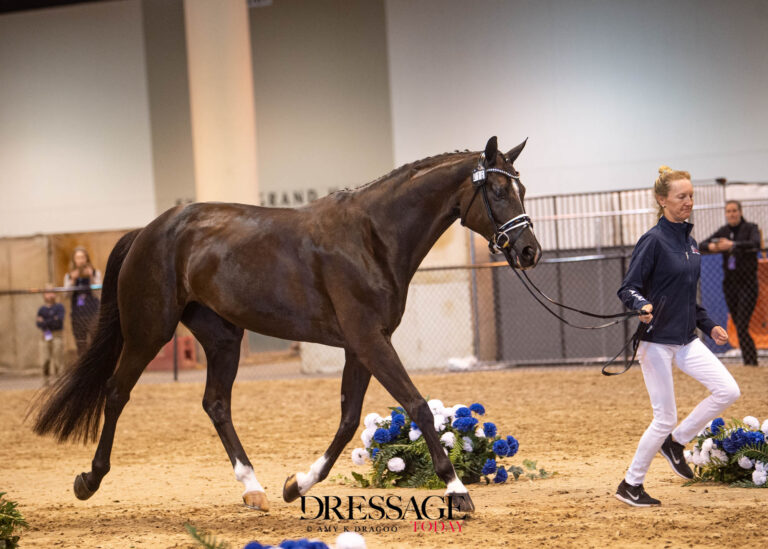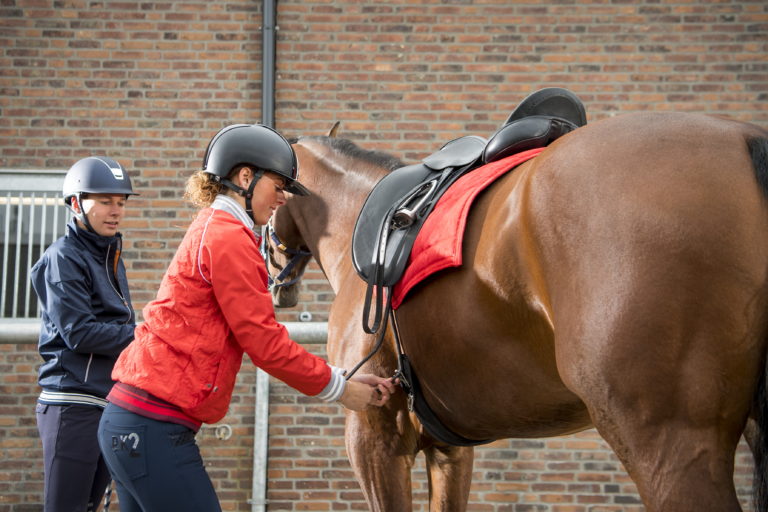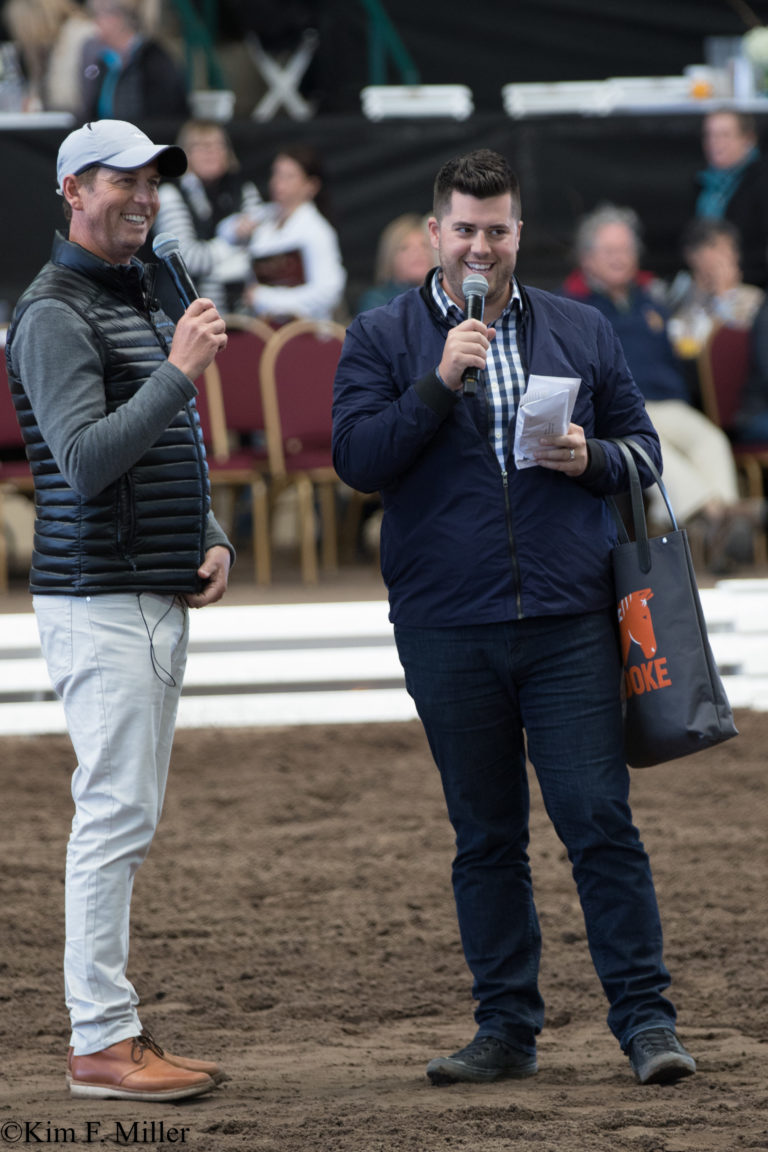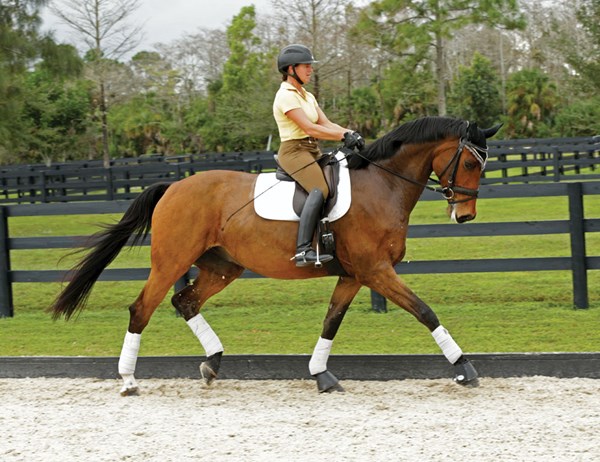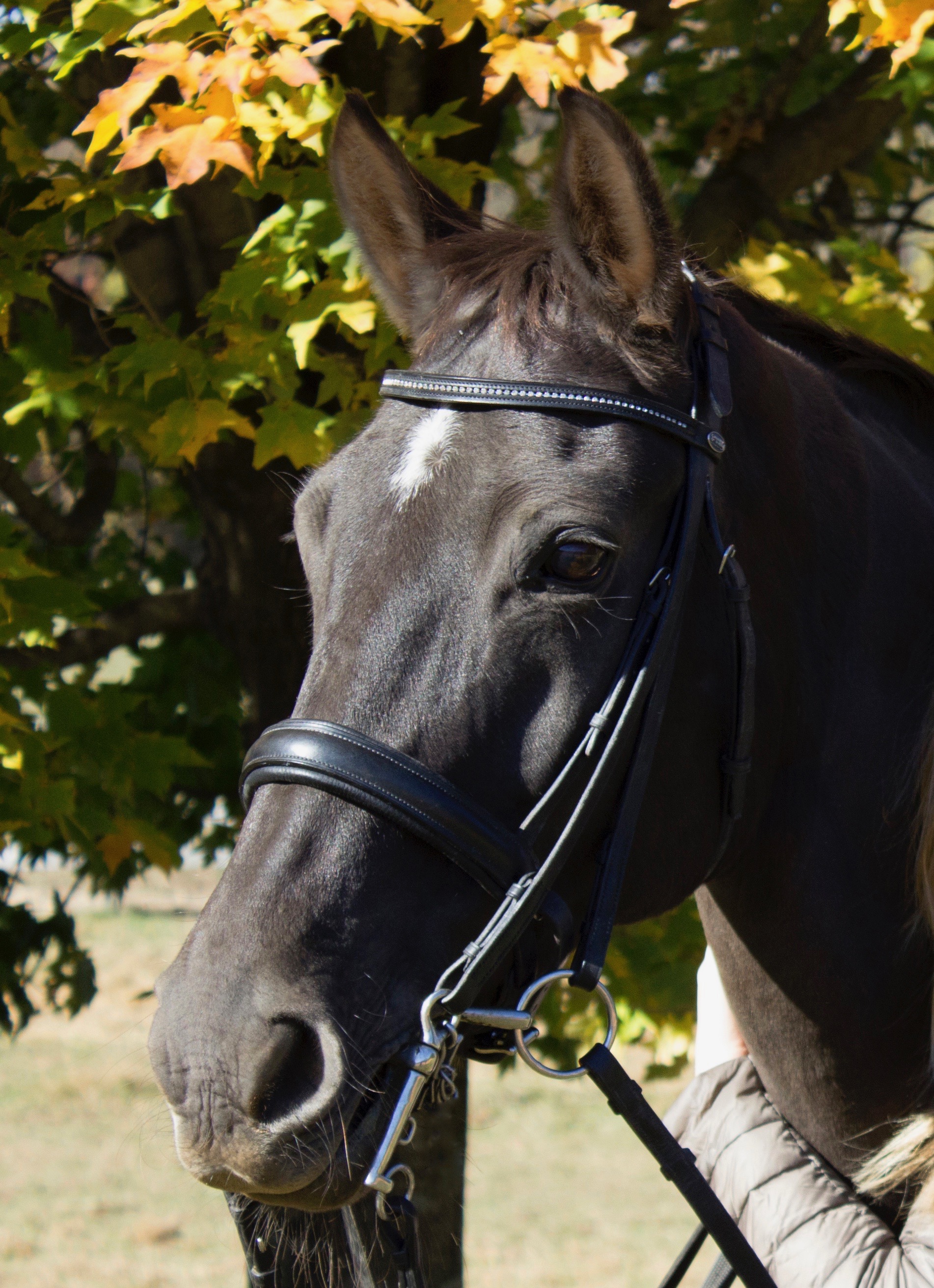
As with all areas of etiquette, horse shopping should take into consideration how you may be affecting those you come into contact with. There are several things that buyers and sellers can keep in mind to make the horse buying world a better place.
1. Buyers, show up at the seller’s farm at the agreed upon time. Try to call on a mobile phone when you are 10 minutes from arrival. Avoid catching the seller while he’s still preparing for your visit by arriving early. And if you’re going to be more than 20 minutes late, you should always phone. The further in advance that you call, the more it will be appreciated.
2. When you arrive, ask questions about any sale horse you might be interested in. Find out as much information as possible. This isn’t the time to try to impress any seller with any stories about your accomplishments or affiliations. Understate your ability and let your riding talent speak for itself. Trying out a horse is not the time to prove anything.
3. Likewise, sellers need to be diplomatic. Once I was test riding a Second Level pony that had just started to do flying changes. I asked this stiff and unresponsive mare to do a flying change in the corner; the change was late. The seller’s mother, who was standing ringside, proudly reported, “Well, our trainer can do them, but she’s a Third Level rider.” She didn’t realize how she might have insulted me as a Grand Prix rider. My accompanying friends are still teasing me about that. On another occasion, a Dutch agent who didn’t know me was happy to tell me that I’m a pretty good rider for a video person. She thought I came along just to videotape the horse and decided to try him out on the spur of the moment. Be careful about flattery because it may backfire!
4. Also, as a buyer, never discuss how the seller may be riding the horse. If your opinion is wanted, people will ask you for it. Just try to stay focused on the horse and be tolerant of any strange methods or inadequacies you might observe. Likewise, as a seller, don’t “teach” the potential buyer when they’re trying your horse unless they clearly are interested in your help.
5. Last, as a buyer, it is appropriate to give a general indication to the seller of your intentions, but you don’t need to give extensive details. For instance, you might say something like, “This is a nice horse, but he’s not quite what I’m looking for.” Or you might say, “I think he’s an interesting horse. Could I come back and try him a second time?” Don’t point out details of what you don’t like about the horse. It’s just not appropriate.
Sometimes the seller will ask for my opinion of a horse. I’ll simply comment on something positive about the horse, and say “I’ll keep him in mind.” I can’t tell you how many times I’ve had to listen to buyers go up and down my horses, trying to find faults. I’ve even gone so far as put the horse away in mid inspection. It’s just not a good idea to criticize someone’s sale horse. On the same note, don’t be insincere. If you don’t like a horse, don’t go on and on about all his good qualities. Again, the less said the better.
Be the kind of buyer who notices the groom who has done such a good job. Take the extra 10 minutes to enjoy refreshments with the seller, if offered. Learn the dog’s name and throw the toy for him. Both buyer and seller need to do their parts to establish a relaxed, congenial atmosphere that fosters mutual respect.
If you’re ready to buy or sell your next horse, visit our sister site Equine.com.


